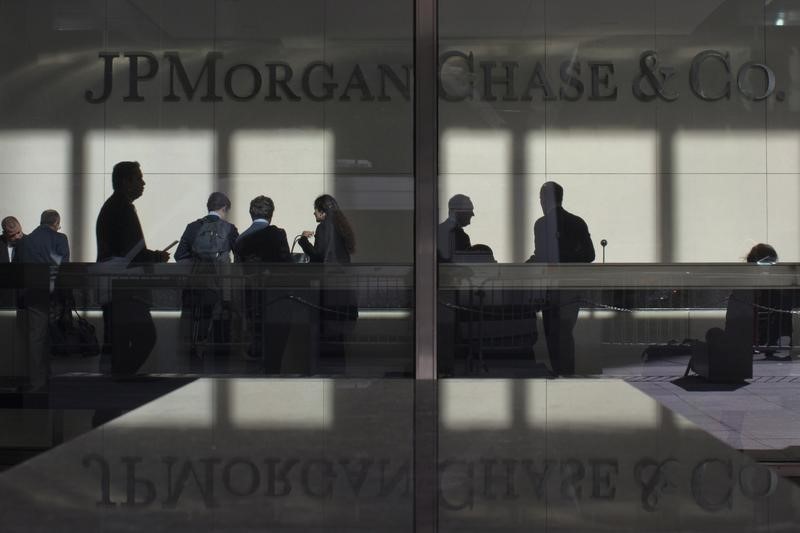By Svea Herbst-Bayliss and Chibuike Oguh
NEW YORK (Reuters) - Investors including Steven Schwarzman, Mary Callahan Erdoes and Barry Sternlicht are bracing for more market volatility as the U.S presidential vote nears but see opportunities to make money in commercial real estate and financial companies.
The S&P 500 index has slipped almost 5% this month after recovering for months amid the economic crisis sparked by the coronavirus pandemic, and some speakers at the CNBC Institutional Investor Delivering Alpha Conference on Wednesday forecast bigger market swings ahead.
"I see a pretty significant correction among high-flying (technology) stocks if the Democrats win," said real estate investor Barry Sternlicht who runs Starwood Capital Group.
"Short term it will be bad for equities," he forecast, citing presidential hopeful Joe Biden's plan to raise the corporate tax rate to 28% from 21% as a negative factor.
For Mary Callahan Erdoes, chief executive of JP Morgan Chase (NYSE:JPM)'s asset and wealth management business, risks stretch beyond the U.S. election to include the COVID-19 crisis and fallout of Britain leaving the European Union. "Is my portfolio right-sized for another bout of volatility?," she urged investors to ask themselves.
On the other hand, investors also expressed optimism that a virus vaccine would arrive and that the economy is recovering.
Blackstone Group (NYSE:BX) CEO Stephen Schwarzman said commercial real estate, especially warehouses and laboratory space, has been a focus while his firm largely exited hotel and retail real estate investments. "We are the largest owner or second largest owner in the world in health care office buildings, research labs. That business is doing great. Everyone's paying their rent," Schwarzman said.
John Vaske, head of the Americas at Singaporean investment giant Temasek, said rising affluence and longer lifespans had already made investments in fintech and payments groups more attractive. Those trends are being accelerated by the pandemic.
Yasir Al-Rumayyan, governor of Saudi Arabia's Public Investment Fund, said he still likes the $45 billion commitment to SoftBank Group's Vision Fund, the world's biggest technology focused venture capital fund. "It's not the greatest performance, but still it's not down, which is something really good especially with this kind of investment," he said.
Activist investor Jeff Ubben, who recently left ValueAct Capital to found impact investing firm Inclusive Capital, backed Nikola Motor Company, where he sits on the board, after the electric truck company came under fire from a short seller and its founder exited. "It is doing the hardest thing by trying to clean up dirty industries," Ubben said.
